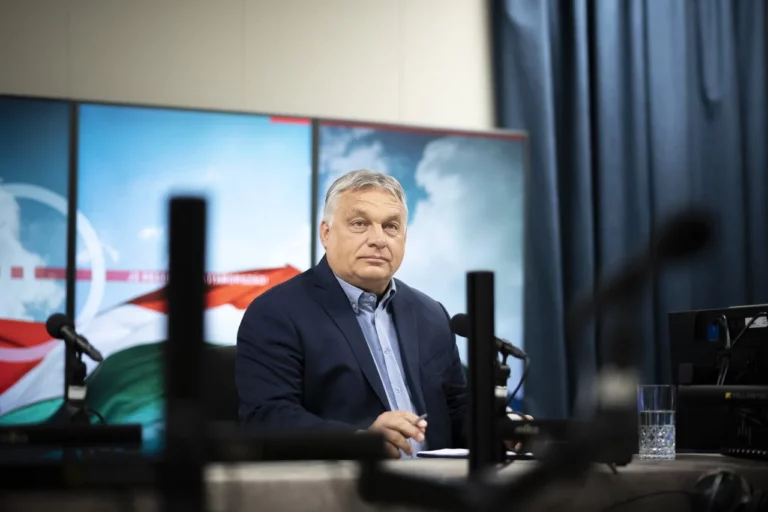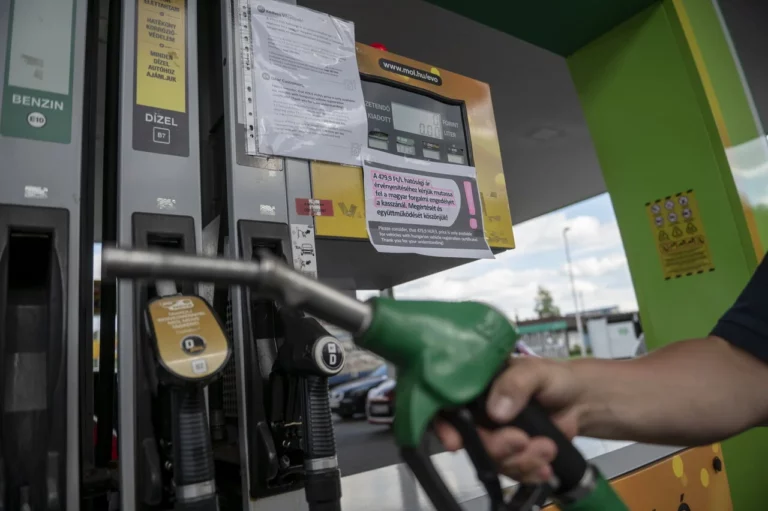Austria
IAEA General Assembly – Orbán cabinet insists on the construction of the Russian nuclear power plant

More Hungarians working in Austria than ever

VIDEO, PHOTO: 3 died in a crash of crammed migrant van crossing from Hungary

Hungarian woman and daughter murdered in Vienna by Tunisian man

Austrian Chancellor: Hungary key geostrategic partner
Hungary is one of Austria's key geostrategic partners when it comes to security, Austrian Chancellor Karl Nehammer said after talks...
Viktor Orbán was booed in Vienna by radical protesters – VIDEO

Minister: Hungary will protect Austria, Europe from illegal migrants

Orbán to discuss energy crisis, war, illegal migration in Vienna

Minister: Hungary’s southern border ‘under migrant siege’

Szijjártó attends Hungarian art project opening in Vienna

Current gas reserves equal 1/4 of annual consumption

This is how foreigners abuse fuel purchase rules in Hungary!

Fuel shortage seems to hit Hungary in two weeks

Homophobia, overcharge: embassy warnings for tourists visiting Hungary

Hungary to release strategic fuel reserves for domestic consumption

Fuel supplies in Hungary secure, ministry says

OMV petrol stations may close in Hungary

ORF CEO: Orbán dying of a heart attack “fair thing” – govt’s reaction





 ZH
ZH IT
IT DE
DE HR
HR NL
NL FR
FR JA
JA RO
RO RU
RU ES
ES TR
TR
